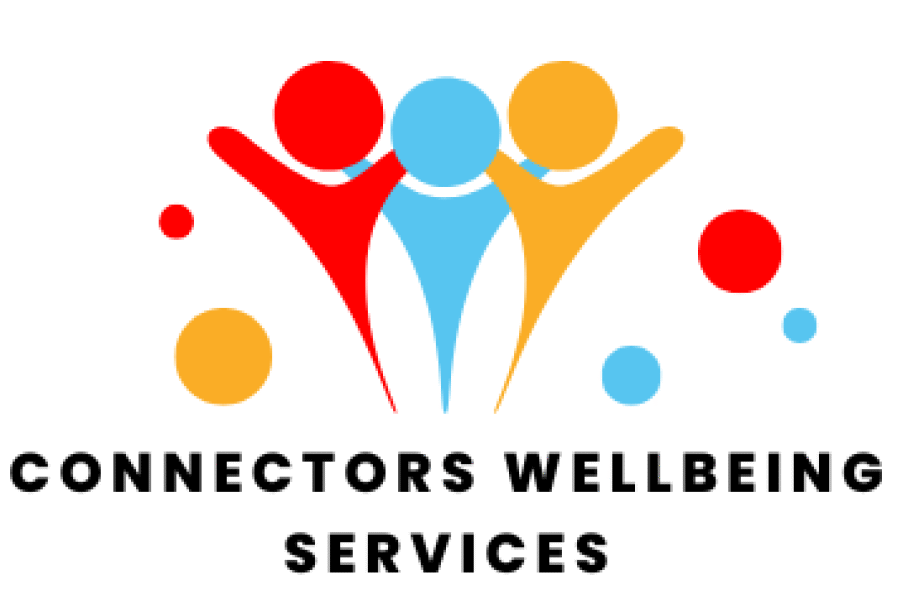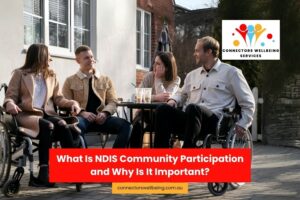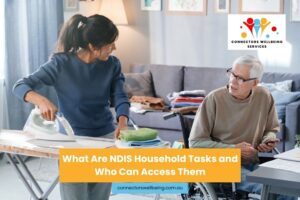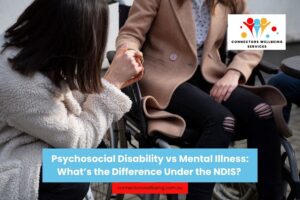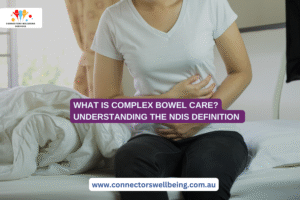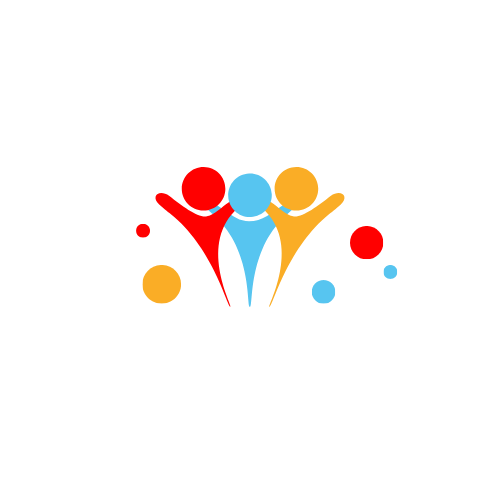What Is NDIS Community Participation and Why Is It Important?
If you’re on the NDIS or caring for someone who is, you might’ve heard the term NDIS Community Participation. But what does it actually mean? And why is it important? In this blog, we explain it in simple terms and show how it can help people live a fuller and happier life.
Community participation is about getting out into the world. It means meeting people, doing fun things, learning new skills, and feeling part of the community. With the right support, people with disabilities can build confidence, enjoy life more, and connect with others. That’s what the NDIS is all about.
What Is NDIS Community Participation?
NDIS Community Participation is the assistance that people with disabilities provide to enable them to get involved in the activities that occur beyond their homes. It can include going to events, joining clubs, learning skills, or just catching up with others. The project aims to make people feel how they belong and feel good to be a part of their community.
These and other supports are typically covered in your NDIS plan in Core or Capacity Building. You are able to join in individually with a support worker or in a group outing. It is up to you, what you like doing, and what you should include in your plan.
Why Is Community Participation Important?
Life becomes a little lonely in the eyes of many disabled people. Community participation helps break that isolation. It provides individuals with an opportunity to interact, experience the exploration outside the box and gain confidence in a secure and guided manner. It is not only living but being alive.
Getting out and being social can also improve mental health. There are happier people, fewer anxious and more integrated people. Taking this individual to a music event or simply making a cup of tea with a couple of people about a great difference in the wellbeing of the individual concerned.
Making Friends and Feeling Connected
A good place to meet people is to join group activities or activities in the neighborhood. It is not always simple to make friends, and there are things that can assist you to have support. Over time, people build trust, improve their communication, and feel more relaxed around others. All these skills are useful in every aspect of life.
NDIS social and community participation is all about these real and human connections. It’s not just about being in a room full of people. It’s about feeling welcome, accepted, and valued. Everyone deserves to feel part of something.
Learning New Life Skills
Community activities can teach all kinds of useful skills. Whether it’s learning how to take the bus, buy lunch at the shop, or manage money, these are things that build independence. Support workers help make these moments easier and more comfortable.
These types of learning experiences fall under capacity building supports NDIS. They’re designed to help people grow more confident in everyday life. The more practice someone gets, the more independent they can become over time.
Opportunities for Work or Study
Getting involved in the community often results in other positive activities such as volunteering, learning, or even labor. By engaging part in group programmed or any local events, individuals become brimming with skills such as teamwork, time management, and problem-solving. All this is applicable at work or during school.
People could find some interests or abilities he/she never knew before. Community participation may open new avenues with new goals and approaches with the best encouragement and help. It is an excellent approach to the construction of a sense of purpose.
What Kind of Activities Can Be Funded?
There are so many things that can be included in your plan. In Darwin, some people enjoy going to markets, festivals, or nature walks. Others like joining group art classes, dance groups, or going to the movies. The NDIS can cover support to attend these kinds of events.
You can also join sport or fitness groups, swimming, or cooking classes. The activities should match your goals and interests. What matters most is that they help you feel confident, happy, and included. And yes, they can be a lot of fun too.
Group Outings That Build Confidence
Here at Connectors Wellbeing, we conduct group outings, and they are safe, fun and inclusive. Visits to the museum, picnic, or Darwin Waterfront may be part of such trips. Individuals are free to entertain themselves, socialize with other people, and become members of the community.
Group outings also help people practice skills in real-life settings. Things like taking turns, asking for help, or planning all come into play. It’s learning in a fun and friendly way. And best of all, no one has to do it alone.
Who Can Access These Supports?
If you’re a NDIS participant with goals around social connection, learning skills, or independence, you can most likely access these supports. They’re often found under Core Supports or Increased Social and Community Participation in the Capacity Building category of your plan.
How Connectors Wellbeing Supports You in Darwin
Connectors Wellbeing is a local NDIS provider in Darwin. We help people with disabilities join in community life and enjoy everyday activities. Whether you want to explore nature, go to events, or try something new, we’re here to support you.
We attend to individuals individually, as well as in groups, depending on your preference. We slow down to learn your objectives, hear your requirements and strategize with you. Your decisions count and happiness is your mission.
It’s important to choose a provider who respects you and knows your local area. At Connectors Wellbeing, we’re friendly, flexible, and truly care. As locals, we understand Darwin and love helping people feel part of their community.
Conclusion
Community participation is about more than going out. It’s about feeling included, making friends, and enjoying life. With the right support, it becomes easier and more meaningful.
At Connectors Wellbeing , we’re here to help you live life your way. If you’re ready to begin, we’re ready to walk beside you.
